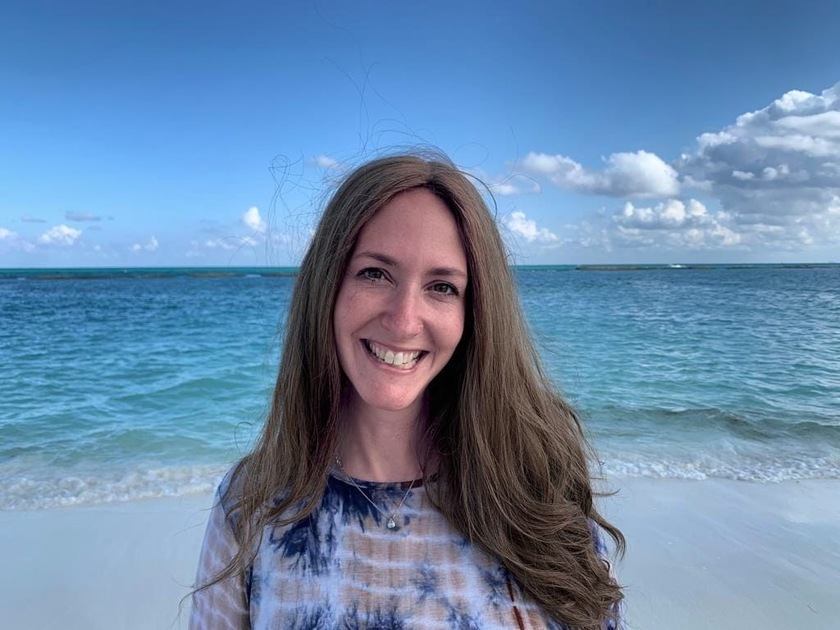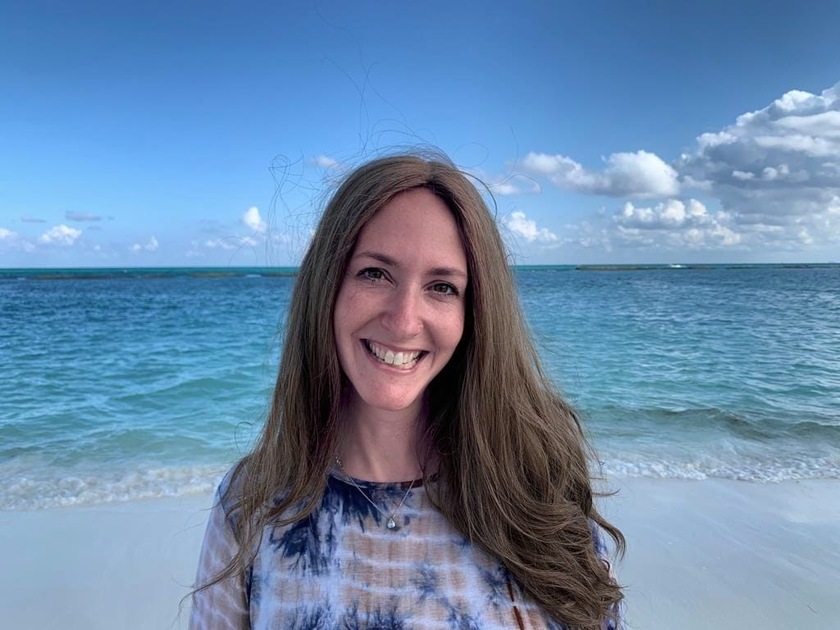
What’s the deal with humans as numbers?
In my years at college and grad school, I was a pretty good student, but I did fail one course: statistics. (I passed it the second time around. My degrees are legit:) I didn’t fail because it was so hard (although it didn’t come naturally to my non-mathy brain.) I failed it because it was so dang boring to me, that I didn’t even put in the effort to learn it well enough. To this day, I have little interest in quantitative analysis, and pay far more attention to what we call “qualitative research,” although rationally I realize we need both for useful data.
Last month, I needed several reminders to partake in the census, because while I get that we need to be counted, there is a big part of me that resists being a number.
In the parsha cycle we are now beginning the book of Numbers. Every year when we read these Torah portions, I wonder about the necessity to wax so wordy about statistics. They list the numbers per tribe: “their offspring, stories, their families, their fathers’ households, the number of their names, from age 20 and up…” repeatedly for each tribe, and then again it does the math for us at the end. Why??
Honestly, I haven’t found an answer that satisfies me yet. But I still try to make meaning where I can:
Actually, in the Torah – they weren’t actually counting people. That is technically not allowed. Maybe because we not really supposed to be reduced to statistics. They were counting coins. The Torah makes it very clear that the coins in no way represented individual differences: “the poor won’t give less and the rich won’t exceed the half shekel contribution.” Humanity is not gauged by socio-economic status.
There are a few ways to say “count” in Hebrew:
L’spor: which also means to tell a story, with slightly altered vowels. (We have this in English too; think of a bank “teller” or to “recount” a story.) We don’t just count for the sake of having stats; what we enumerate is there to tell us something, to give us information to extrapolate for valuable application.
L’mnot: which also means to apportion or appoint. When we count out quantities, often it’s for the purpose of allocation or distribution. We assign sums to utilize resources or manpower efficiently.
L’fkod: which also means to remember or assign a task (also the root of the word “collateral- pikadon.” When we count things, we are acknowledging their existence, and generally designating them for a specific purpose.
L’sah: which also means to uplift, carry, or forgive. When we list items or people, and assign them a sense of value, we show that they “count,” they matter, they have weight and worth.
We tend to read this portion during the “sefira” (omer counting) time of year, and as all the Yeshiva elementary teachers always liked to say: “It’s not just about counting the days, it’s about making the days count. That’s why we count up, not down.” Counting days, coins, soldiers. Why?
We humans have two very basic emotional needs: to individuate and to belong.
We each want to live our own story, have our own purpose, be remembered, uplifted, and appointed to our own identity and calling. (Yes, my alert reader friends, that sentence just incorporated all the meanings for “count” listed above.)
But. No, not but. AND. And, besides for wanting to be individuals, we also don’t want to feel totally alone. We crave connection, we require social support and interaction. We want to know how we’re doing, who our people are, where we fall in the bell curves. Belonging to groups, being part of a larger whole, can be a source of strength and joy- and on the flipside, feeling fully on the outside, that loneliness is excruciating. And so we try to walk the line- to balance the needs and identity of the self with that of the group, individual and collective. Whether it’s a relationship, a family unit, a tribe, a nation or humanity- the concentric circles of being exist in delicate homeostasis.
We don’t count people directly. People are not numbers; we are names and souls. We don’t formally reduce to statistics. But at the same time, there IS a certain equality factor: each of us is a child of G-d. We are each endowed with an immutably holy soul, a Divine spirit. We are born, we die, and we do stuff in between. We have intrinsic worth. There are times, like when we’re planning a party or a war, we need to know how many bodies to account for. And so everyone gives a literal token- a half shekel to say: “I am here. I am not this coin, this number, this statistic, but I need to line up with my brothers, to defend, to account, to take my place as an important member of this group, so that we know we’re all here, who’s doing what, and that we all matter.” (And that’s why it’s half a shekel not a whole; to symbolize incompletion- more over-repeated school lessons.)
These particular sefira days are lining up pretty similarly this year- we joke about not knowing what day it is because so many identifiers have been cancelled. Sometimes people can get to feeling like that too: nameless, faceless numbers in a mass of sameness. We follow trends but we want to forge our own paths. The challenge is to both unite and stand out. To connect but not necessarily conform. As it says in Avot: “Where there’s no person, strive to be [the] person,” don’t’ be afraid to stand out, and also: “Don’t withdraw from the community” – embrace the unity of humankind. Create a sense of rhythm , of routine, of mutual influence, while holding space of diversity, creativity, and uniqueness.
Jews are blessed to become numerous: like grains of sand and stars in the sky.
Sand blends in, humbly. Stars shine forth, proudly. There is value to both.
Check out my new course!
A Religious Families Guide to Healthy Holy Sex Education: Sacred Not Secret
Elisheva Liss, LMFT is a psychotherapist in private practice. Her book, Find Your Horizon of Healthy Thinking, is available on Amazon.com. She can be reached for sessions or speaking engagements at speaktosomeone@gmail.com More of her content can be found at ElishevaLiss.com
 Previous
Previous

